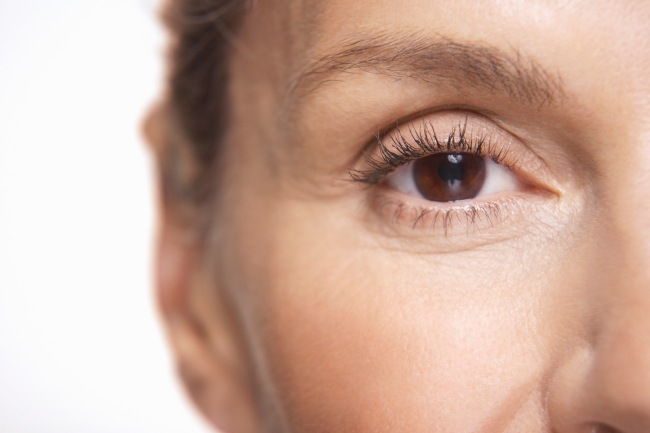People with diabetes need to check a lot of things. Check their blood sugar. Check their blood pressure. Check their weight.
Surprisingly, one of the most important things people with diabetes fail to check – their eyes.
According to Diabetic Connect, about 25% of people with diabetes do not get regular eye tests that could keep their eyes healthy. Retinal dilation – a way to examine the interior of the eye – could significantly reduce the risk of vision loss and blindness for people who have diabetes.
It’s not only recommended that people with diabetes get their eyes checked, it’s imperative. Complications from diabetes are currently the leading cause of blindness for adults ages 20 thru 74.
Millions of Americans with diabetes have diabetic retinopathy, the most common form of diabetic eye disease. Diabetic retinopathy is caused by a change in the blood vessels around the retina – swelling and leaking from blood vessels, and blood vessels forming on the surface of the eye. People with diabetes can also develop cataracts or glaucoma. All of these conditions can cause loss of vision or complete blindness.
A major concern is that diabetic patients usually do not experience any symptoms until the disease has reached an advanced stage. Most people don’t even know their vision has been damaged until it’s too late. How do they find out then?
Through annual eye exams, conditions can be discovered in their earlier stages. But what does this eye test involve?
A retina eye exam starts with drops being placed into a person’s eyes. The drops cause the pupils to open wider, which is called dilation. This allows the ophthalmologist, optometrist or retina specialist to exam the inside of the eye, including the retina.
If the vision specialist discovers any damage, the patient can then begin specific therapies to curtail the damage. Sometimes that involves laser eye surgery or injections of anti-vascular endothelial growth factor that block abnormal blood vessel growth and leakage.
Besides getting regular dilated eye exams to reduce the risk of eye damage, there are other things people with diabetes can do to keep their eyes healthy. Maintaining proper blood sugar, blood pressure and cholesterol levels all can have a positive influence on eye health.
But where should you start?
If you have diabetes, schedule an eye exam and be sure to tell the vision specialist of your health conditions. In the meantime, visit Diabetes Eye for more information about eye health and retina eye exams.
Sources
http://www.diabeteseyecheck.org/
http://www.medicalnewstoday.com/articles/268507.php
Related Article

Join the Discussion
0 Comments